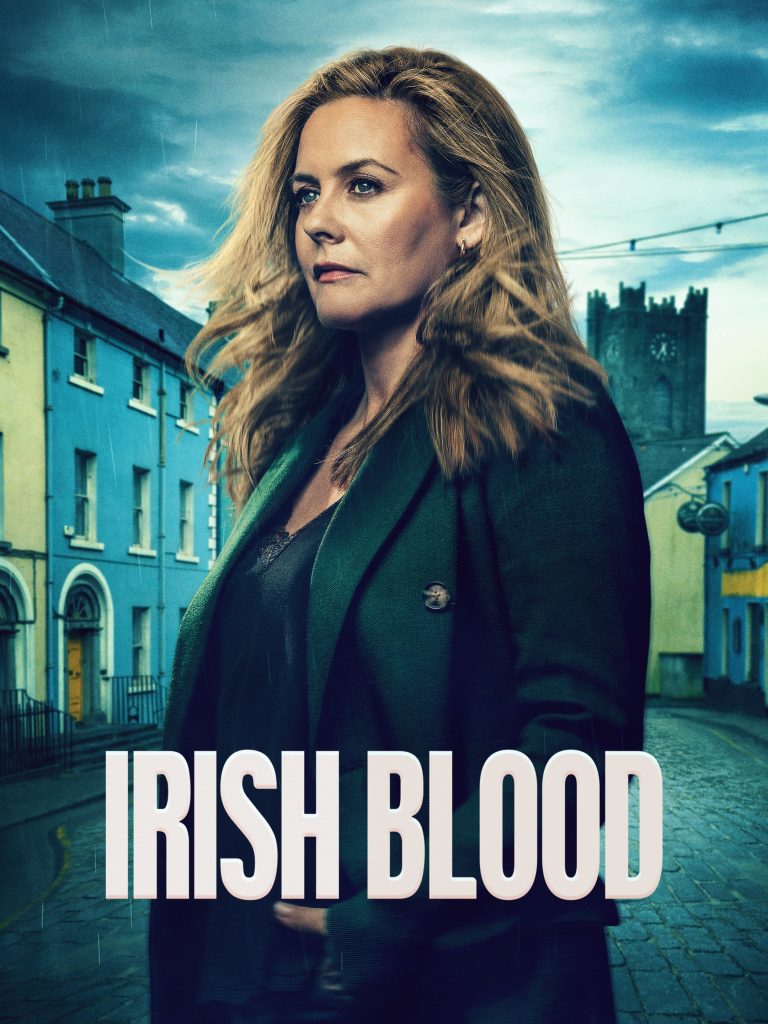DERELICT – Review

Jonathan Zaurin’s Derelict is a British crime drama that trades in grief, moral corrosion and the futility of revenge. It doesn’t aim for easy thrills or neatly wrapped arcs instead it crawls into the emotional aftermath of violence and asks what’s left when the dust refuses to settle. Low budget? Yes. But also singular in vision, with a formal confidence that sets it apart from countless kitchen-sink imitators.

The film unfolds across two intertwining strands. Abigail (Suzanne Fulton), hollowed out by her father’s murder, lives in a monochrome present tense, locked in a loop of loss and fixation. Her story runs parallel to brothers Matt (Michael Coombes) and Ewan (Pete Bird). Matt, weary but striving for some semblance of normality, faces Ewan’s release from prison—a catalyst that threatens to drag him back into a cycle of petty crime and violence. These lives don’t so much collide as bleed together, tied by themes of broken family, corrosive loyalty, and the gnawing question of whether vengeance restores or simply consumes.

Visually, Derelict makes a bold choice: the past glows in saturated colour, the present is drained to stark black and white. It’s a blunt but effective device, a reflection of Abigail’s hollow state of being. Zaurin leans on shadow, silhouettes and rural desolation with underpasses, fields, anonymous council flats, places that feel both real and suffocating. This is no glossy revenge fantasy; it’s grief carved into the landscape.

Performances carry the weight. Fulton delivers Abigail as detached, almost numb, which could easily have read as flat in lesser hands. Instead, her restraint makes the grief feel lived-in and believable. Coombes, meanwhile, gives the film its heart. His Matt is authentic, soulful, worn down but never caricatured, an ordinary man facing extraordinary pressure. Opposite him, Pete Bird’s Ewan crackles with volatility, the kind of menace you recognise from the bloke you cross the street to avoid.

Where the film stumbles is in its pacing. The middle stretch circles its themes a little too often, scenes lingering long after their point is made. For me, trimming 15 minutes would have tightened the screws without losing the mood. That said, the atmosphere is consistent, and the deliberate silences, the lack of soundtrack, give the piece an unsettling weight.
Beneath the monochrome despair, there’s a conscience at work, a refusal to glamourise the violence but this strangely makes it more hard hitting. The film’s emotional punches don’t land because they’re loud, but because they’re quiet, lingering after the screen fades.

Derelict isn’t perfect. It’s rough around the edges, occasionally repetitive, undeniably constrained by its budget. Yet, it’s also uncompromising, visceral and unafraid to dig into the un-cinematic reality of trauma. It has moments that burn into you, that stay long after you’ve switched the lights back on.
For those drawn to British crime dramas that ditch the swagger for something rawer and more introspective, Derelict is well worth your time. It doesn’t hand you catharsis, it hands you the weight of grief and asks you to sit with it.
Unflinching, imperfect, and hard to forget.
Derelict is on digital 1 September from Miracle Media and on Blu-ray 22 September from 101 Films




